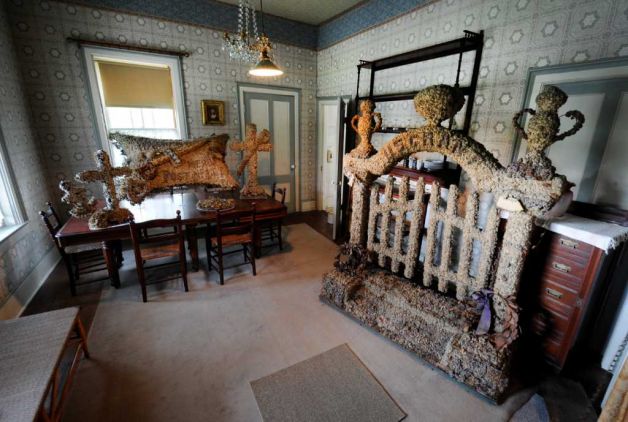There are many books that might never have been written if their authors had not been in prison or in exile: The Travels of Marco Polo, Don Quixote, The Book of Revelation, the Letters to the Ephesians, Philippians, and Colossians, and many others. Another book I think of as being in this category is the Personal Memoirs of U.S. Grant. Grant wrote his memoirs while a prisoner of poverty and cancer.
Grant was a man who failed at everything except war. He had done well in the Mexican War and when the Civil War came along, he was picked out of the little store where was working as a clerk and put in charge of a regiment of Illinois Volunteers. He rose to the top and was a major reason the North won the war.
He was rewarded with two terms as president. His reputation suffered when his administration was embroiled in financial scandals, but recent books about the positive things he accomplished as president have rehabilitated his legacy.
After his second term, Grant and his wife Julia went on a two year world tour. Molly Bloom in Ulysses noted his passage through the Straight of Gibraltar. The tour exhausted most of Grant's savings and there were no presidential pensions back then. Some friends set the Grants up in a house in Manhattan and Grant opened an office on Wall Street. It was the Gilded Age and there was money to be made. Unfortunately, Grant fell into the hands of a film-flam man and things ended badly.
To top it off, Grant was diagnosed with throat cancer. Grant had been approached many times about writing his memoirs but had always been too busy. Now, fearing Julia would be left destitute, he set to work on his memoirs. With the help of two research assistants, Grant spent the last year of his life working on the book. He finished it a few days before his death on this day in 1885. The Memoirs were a best seller and Julia received royalties equivalent to $13,000,000 in today's money.
For the last couple of months while working on the book, Grant moved to a mountaintop cottage near Saratoga NY to avoid the heat and humidity of the city. The small cottage is now a New York State Historic Site. I stopped in for a visit a few years back on a cross-country trip. Talk about a place preserved in aspic. The clock is stopped at 8:08 a.m., the moment of death. Everything in the room is exactly as it was on that day. The only things added were some of the flower arrangements from the funeral. The flowers have held up well, but have a haunted look.
 |
| Very old flower arrangements |
You skipped the part about Grant being a hoarder as is obvious in this photograph of his small cottage. Grant's addiction to all things made from cast iron, like crosses two feet tall and pillows he kept on his dining room table, and huge bed board with US GRANT on it bespoke a man who lived large, and liked large and larger things -- the biggest things are in the cottage garage not seen in this picture just beyond the window with its authentic auto-rollup shade. Grant, however much a hoarder, was a fastidious individual, and kept the floor covering spotless. His mama taught him good.
ReplyDeleteCast iron pillow!? What am I missing?
ReplyDeleteBeyond that, this post brought a melancholy tear or two to my eyes (where else?). Grant seems to be an example of one who fell from the heights to the cottage floors. I've read his memoirs as well as T. Sherman. In my opinion, the memoirs of military men are treasures. Not always golden, but at the very least, lessons for everyone.